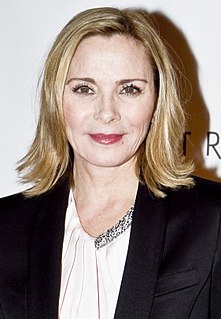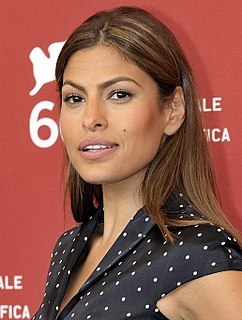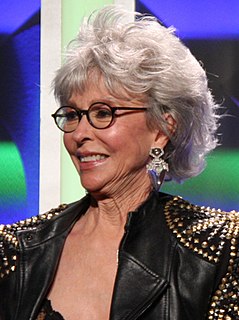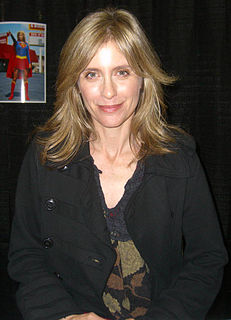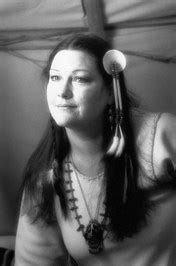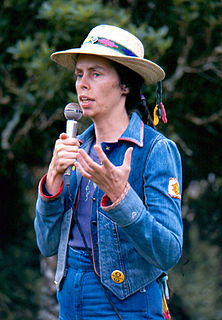A Quote by Kim Cattrall
Being a biological mother just isn't part of my experience this time around. However, I am a mother who continues to give birth to ideas and ways of experiencing life that challenge the norm.
Related Quotes
Tereza's mother never stopped reminding her that being a mother meant sacrificing everything. Her words had the ring of truth, backed as they were by the experience of a woman who had lost everything because of her child. Tereza would listen and believe that being a mother was the highest value in life and that being a mother was a great sacrifice. If a mother was Sacrifice personified, then a daughter was Guilt, with no possibility of redress.
The myth of independence from the mother is abandoned in mid- life as women learn new routes around the mother--both the mother without and the mother within. A mid-life daughter may reengage with a mother or put new controls on care and set limits to love. But whatever she does, her child's history is never finished.
A friend of my mother's, Irene Lopez, was a Spanish dancer. She saw me bopping around the room and said to my mother, 'Rosita might have talent. Can I take her to my dance teacher?' There was no thought of a career at that time, but I knew I loved the attention, and that's so much a part of being a performer.
India was the motherland of our race, and Sanskrit the mother of Europe's languages: she was the mother of our philosophy; mother, through the Arabs, of much of our mathematics; mother, through the Buddha, of the ideals embodied in Christianity; mother, through the village community, of self-government and democracy. Mother India is in many ways the mother of us all.
A mother has a unique perspective. Nobody sees the life of the child the way the child’s mother does—not even the father. This is Mary’s perspective of Jesus life. It seems to me that every genuine Christian, not just Catholics, should be interested in that perspective—and not just interested, but fascinated. In the rosary we ponder the life of Jesus through the eyes of his mother. This is an incredibly powerful experience if we enter into it fully
When we heal ourselves, others are healed. When we nurture our dreams, we give birth to the dreams of humankind. When we walk as loving aspects of the Earth Mother, we become the fertile, life-giving Mothers of the Creative Force. When we honor our bodies, our health, and our emotional needs, we make space for our dreams to come into being. When we speak the truth from our healed hearts, we allow life abundant to continue on our Mother Planet.
Birth Matters... It matters because it is the way we all begin our lives outside of our source, our mother's bodies. It's the means from which we enter and feel our first impression of the wider world. For each mother, it is an event that shakes and shapes her to her innermost core. Women's perceptions about their bodies and their babies' capabilities will be deeply influenced by the care they receive around the time of birth.
